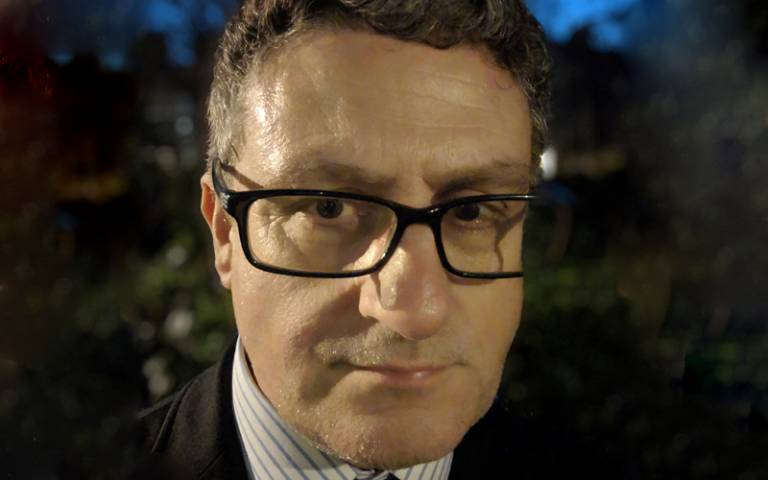Opinion: The UK must urgently adapt to Russia's 'dark power' tactics
24 July 2020
Professor Mark Galeotti (UCL School of Slavonic and East European Studies) discusses the ways Russia seeks to divide and destabilise Western democracies like the UK, arguing that we must learn how to adapt and respond to their methods.

In the wake of the release of the Intelligence and Security Committee Russia Report, we need to come to terms with the ways potentially hostile nations mount influence operations in the 21st-century. Russia, after all, is using a very different approach than the old ones with which we have been accustomed.
Western politicians like to talk of countries’ ‘soft power’; their ability to get their own way through persuasion and attraction. According to most international indices, Britain scores consistently well, in the global top three. From the British Council to the Premiership League, the Queen to Banksy, our national ‘brand’ still counts. Russia has been able to find common ground with some states, essentially those run by authoritarians, kleptocrats and populists, but what about countries such as the UK, where its propensity for invading neighbours, hacking vaccine research programmes and murdering critics means your chances of making new friends and rather gets in the way of accruing ‘soft power’?
Here, Russia’s approach has been instead to pivot to what we might call ‘dark power:’ looking so aggressive, unpredictable and vindictive that you get your way through fear. This has manifested itself in three varieties of influence operation in the UK.
First of all, efforts to disrupt and divide us, so that we feel vulnerable. Russian trolls, misinformation and deceptive social media posts cannot totally change our minds, but by amplifying the issues on which we disagree, by turning honest debate into toxic grudge matches, they can help undermine national unity and the very legitimacy of the political system.
The Russians are unlikely to have been so arrogant as to think they could determine the outcomes of the Brexit and Scottish Independence, but that’s not the point. Instead, they sought to capitalise on the rancour and division that inevitably accompanies them. The more divided the country, the more fractured its politics, the more scope Moscow has to win tactical allies.
In other words, not necessarily people who like and support Russia and want directly to support its agenda across the board, but rather those whose interests for the moment happen to coincide with the Kremlin’s. This takes many forms. Local Russian-born minigarchs may be induced to contribute to particular politicians willing to speak out on issues of concern to Moscow, not least London’s continuing status as the global high-end money laundry of choice. Otherwise, it might simply be flattering them with official attention and favourable coverage on state news media such as RT television.
The Kremlin made a strong – and, in the main, unsuccessful – bid to woo Scottish nationalists during the independence referendum. This was not because it cared one whit for the Scots, but because of the potential this had to divide and distract the UK as a whole. Expect to see similar activities surrounding any future Irish Border poll. Of course, all this is conducted under what could be called implausible deniability, the rejection of any meddling, but with a wink and a knowing smirk.
After all, the essence of ‘dark power’ is also to have a reputation of a dangerous and daring adversary, one you take on at your peril. The murder of Alexander Litvinenko in 2006 and the attempted killing of Sergei Skripal in 2019 show that even murder can become an influence operation.
Why use radioactive polonium or a military nerve agent, when a gun or an accident would be easier or more subtle? Because of the theatre of assassination: Moscow could deny everything, while knowing that the hitherto-critical Russian émigré set in London and the British government would get the message that it was willing to break the rules, and they had best watch their step.
This approach is already rebounding on Russia, but Putin seems unable to change course: we will have to deal with this challenge so long as he in in the Kremlin. Besides, addressing it today will stand us in good stead for when we face even more formidable threats tomorrow. As Beijing responds to the UK’s stand first on Hong Kong and then Huawei with a familiar mix of threats and naked attempts to buy influence, it looks like the ‘dark power’ challenge is not going away.
This article was first published in the Telegraph on 23 July.
Links
- Honorary Professor Mark Galeotti’s academic profile
- UCL School of Slavonic and East European Studies (SSEES)
 Close
Close

